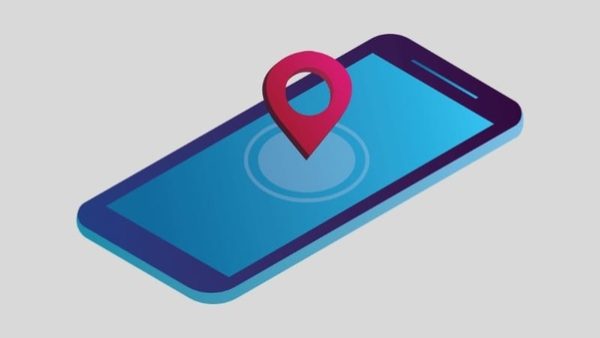
How Accurate is Find My iPhone?
Ever misplaced your iPhone and felt a surge of panic? Fear not, forgetful friend! Apple’s Find My iPhone feature is here to be your digital guardian angel. Just how accurate is Find My iPhone, really? Let’s delve into the world of iPhone location tracking and explore the factors that influence its accuracy.
The Power of Multiple Technologies:
Find My iPhone utilizes a combination of technologies to pinpoint your device’s location:
1. GPS: This global positioning system provides accurate location data when your iPhone has a clear view of the sky.
2. Wi-Fi: Even without cellular service, a connected Wi-Fi network can help Find My iPhone determine your device’s approximate location.
3. Cellular Network: If your iPhone has cellular service but not GPS or Wi-Fi, cell tower triangulation can provide a broader location estimate.
Accuracy Spectrum: From Pinpoint to General Area
The accuracy of Find My iPhone can vary depending on these factors:
1. Signal Strength: Strong GPS, Wi-Fi, or cellular signals lead to more precise location data. Weaker signals might result in a broader location range.
2. Environmental Conditions: Thick buildings, tunnels, or mountains can sometimes obstruct GPS or cellular signals, affecting accuracy.
3. Device Status: A powered-on iPhone with enabled location services will provide the most accurate results. A dead phone or one with disabled location services will be much harder to locate.
Understanding the Green Circle:
When using Find My iPhone, you’ll see a green circle around your device’s location on the map. This circle represents the estimated accuracy range. A smaller circle indicates a more precise location, while a larger circle signifies a broader area where your iPhone might be found.
Maximizing Find My iPhone Accuracy:
Here are some tips to ensure Find My iPhone works optimally:
1. Enable Location Services: Keep location services turned on for better tracking.
2. Connect to Wi-Fi: Whenever possible, connect your iPhone to a Wi-Fi network for more accurate location data.
3. Enable Cellular Data: If Wi-Fi isn’t available, ensure cellular data is enabled for location tracking.
4. Activate Lost Mode: If your iPhone is lost, activate Lost Mode to lock it down, display a message on the screen, and play a sound to aid recovery.
Find My iPhone: A Reliable Ally, Not a Crystal Ball
While not perfect, Find My iPhone is a powerful tool for locating your missing device. By understanding its functionalities and limitations, you can maximize its effectiveness. Remember, it’s always a good idea to back up your iPhone regularly and keep your software updated for optimal performance.
So, the next time you misplace your iPhone, don’t panic! Fire up Find My iPhone and let technology be your guide. With a bit of luck and the right conditions, your precious device might be just a few taps away.
FAQs: Unveiling the Accuracy of Find My iPhone
Q: Can Find My iPhone locate my iPhone even if it’s off?
A: In certain situations, yes! If your iPhone was on and enabled Find My iPhone before it turned off, Apple might still be able to ping the device and provide a last known location. Additionally, if your iPhone is in Lost Mode, it will attempt to send out a signal when it powers on, revealing its location.
Q: Does Find My iPhone work if someone steals my phone and disables location services?
A: Unfortunately, if a thief disables location services or wipes the iPhone entirely, Find My iPhone will be unable to locate the device. This is why keeping your software updated and enabling Lost Mode are crucial deterrents.
Q: How accurate is Find My iPhone indoors?
A: GPS accuracy can be limited indoors due to signal blockage. However, Wi-Fi connectivity can still provide a decent approximation of your iPhone’s location within a building.
Q: Are there any privacy concerns when using Find My iPhone?
A: Apple emphasizes user privacy and requires your iCloud login credentials to use Find My iPhone. Only trusted devices can access your iPhone’s location through Find My iPhone.
Q: What alternative options are there for locating a lost iPhone?
A: If Find My iPhone is unavailable, you can try logging into iCloud.com from another device and marking your iPhone as lost. This can help prevent unauthorized access and send a message to the device. You can also contact your mobile carrier to report the loss and potentially suspend service.

Leave a Reply